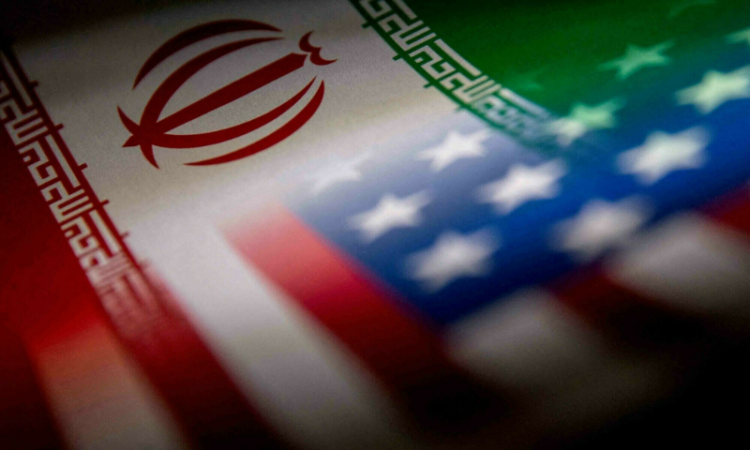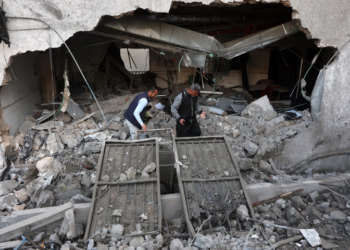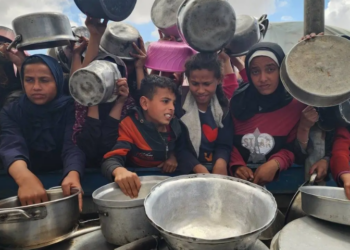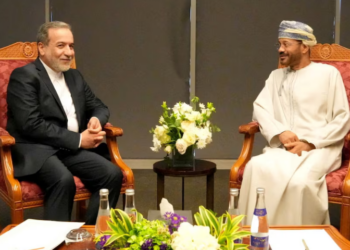Tehran, April 8, 2025: Iran’s Foreign Minister Abbas Araghchi said on Tuesday that a new nuclear agreement with the United States is possible, provided Washington demonstrates “sufficient goodwill” ahead of indirect talks set to begin in Oman this Saturday.
Speaking to state media, Araghchi reaffirmed Iran’s top priority: lifting the crippling US sanctions reimposed in 2018 by then-President Donald Trump, which severely impacted the Iranian economy.
The remarks came a day after Trump, now again in office, unexpectedly announced during a White House meeting with Israeli Prime Minister Benjamin Netanyahu that the US would engage in “direct” talks with Iran. However, Araghchi clarified that Iran will only participate in indirect negotiations, led on the US side by Middle East envoy Steve Witkoff.
“The format of the negotiations is not what matters most. What counts is whether the talks are effective,” Araghchi said. “If the other side shows the necessary willingness, a deal can be reached. The ball is in America’s court.”
Trump, speaking from the Oval Office, expressed optimism about reaching a deal, but issued a stern warning:
“If the talks aren’t successful… Iran’s going to be in great danger. They can’t have a nuclear weapon.”
In an earlier interview, Trump had said bluntly: “If they don’t make a deal, there will be bombing.”
Global reactions to the upcoming talks have been mixed but largely supportive. The Kremlin said Russia welcomed the initiative, calling it a step toward de-escalation.
“We know that contacts — direct and indirect — are planned in Oman. Of course, this is to be welcomed,” said Kremlin spokesperson Dmitry Peskov.
Meanwhile, China urged Washington to abandon its “extreme pressure” tactics, and instead show mutual respect and political sincerity.
“As the country that unilaterally withdrew from the comprehensive agreement… the United States should take responsibility,” said Chinese Foreign Ministry spokesperson Lin Jian.
The 2015 Iran nuclear deal, formally known as the JCPOA, collapsed after Trump’s unilateral withdrawal in 2018. Tensions have since escalated, with fears of military conflict looming if diplomacy fails again.








